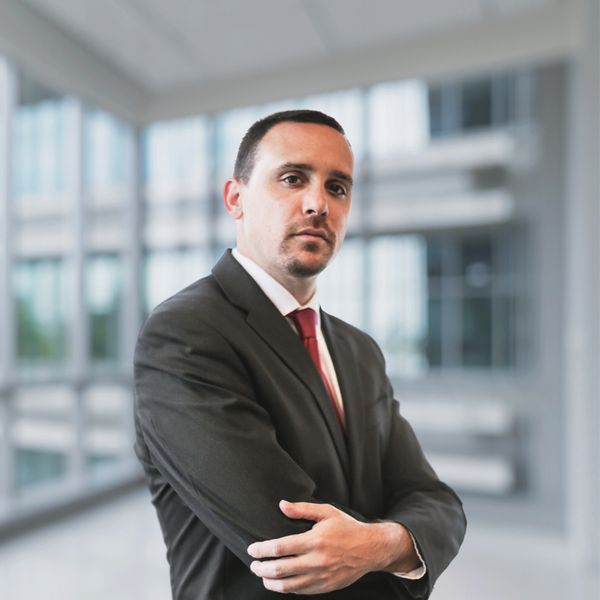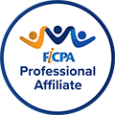Florida Statute Chapter 560 (the “Statute”) defines a “money services business” as any person located in or doing business in Florida, from Florida, or into Florida who acts as a payment instrument seller, foreign currency exchanger, check casher, or money transmitter. Oftentimes, those who wish to begin a money services business do so to provide payday loans.
Payday loans, also known as deferred presentment service transactions, are one way for individuals to borrow money. The individual writes a personal check payable to the lender for the amount the person wants to borrow, plus a borrowing fee. The lender gives the borrower the amount of the check less the fee and holds the check for some time (typically until the customer’s next payday) before presentment to the individual’s bank.
Those who wish to provide short term payday and installment loans not exceeding $1,000.00, need to apply for a Money Transmitter License under Part II of the Statute, as well as a Deferred Presentment Transaction provider license under Part IV of the Statue. Those who wish to cash payment instruments or exchange foreign currency must comply with Part III of the Statute. This Part imposes additional licensure, conduct, recordkeeping, and database requirements.
What Do I Need to Submit to Apply for the Licenses?
To qualify for licensure as a money services business under Parts II and IV, providers need to submit quite a few documents to the Office of Financial Regulation. There are two primary applications: (1) Application to Register as a Money Services Business – https://flofr.gov/sitePages/documents/OFR-560-02.pdf and (2) Declaration of Intent to Engage in Deferred Presentment Transactions – https://flofr.gov/sitePages/documents/OFR-560-03.pdf. Additionally, providers must provide proof of:
- A legally authorized business in Florida
- Registration as a money services business with the Financial Crimes Enforcement Network as required by 31 C.F.R. s. 1022.380
- An anti-money laundering program that meets the requirements of 31 C.F.R. s. 1022.210.
- A sample authorized vendor contract, if applicable
- A sample form of payment instrument
- A net worth of at least $100,000.00
- A corporate surety bond between $50,000.00 and $2 million.
- A financial audit report for the most recent fiscal year, which must be submitted to the office within 120 days after the end of the licensee’s fiscal year
- Fingerprints for each officer, director, responsible person, the compliance officer, each controlling shareholder, and any other person who has a controlling interest in the money services business
What Are the Fees for Applying and Renewing?
The application fee to comply with Part II of the Statute is $375. The application fee to comply with Part IV of the Statute is $1,000. There are also fingerprint retention fees. These licenses expire on December 31st of the second year following the date of issuance of the license unless during such period the license is surrendered, suspended, or revoked. The renewal fee to comply with Part II of the Statute is $750. The renewal fee to comply with Part IV of the statute is $1,000.
How Do I Maintain a Money Services Business License in Florida?
Great question! Click here to find out.






